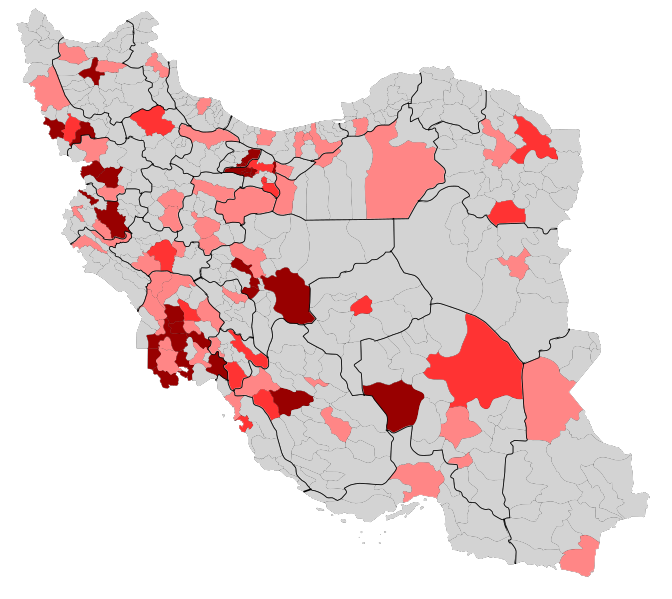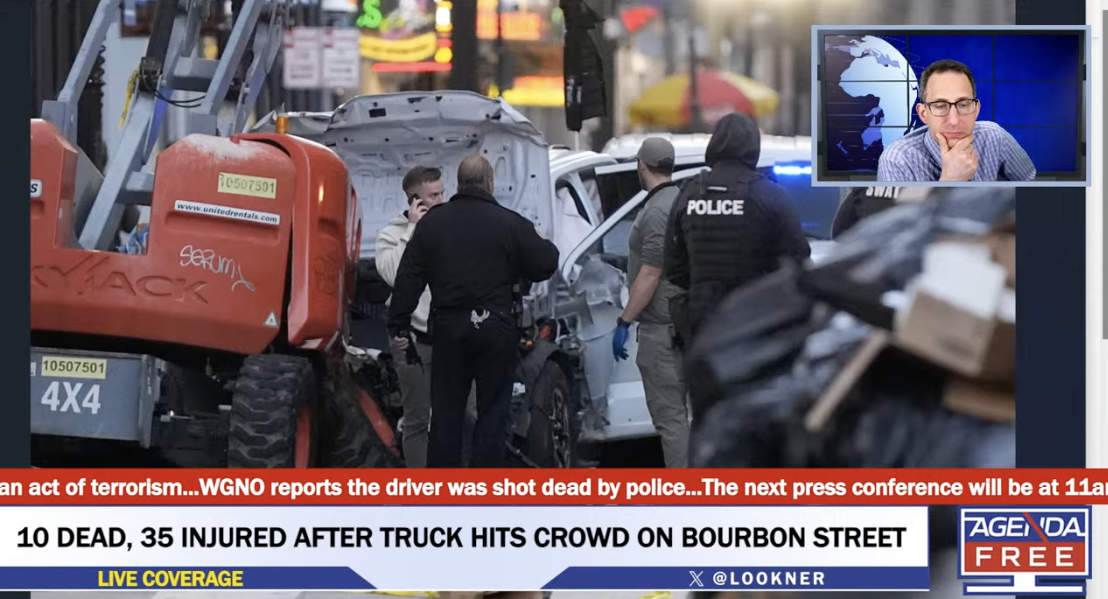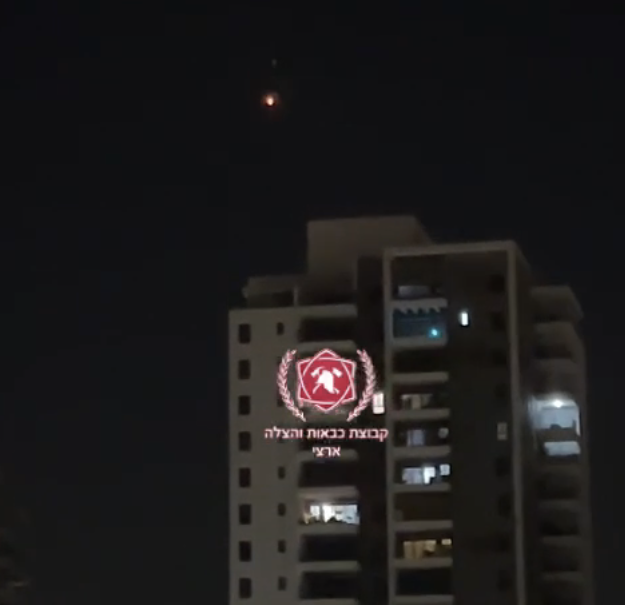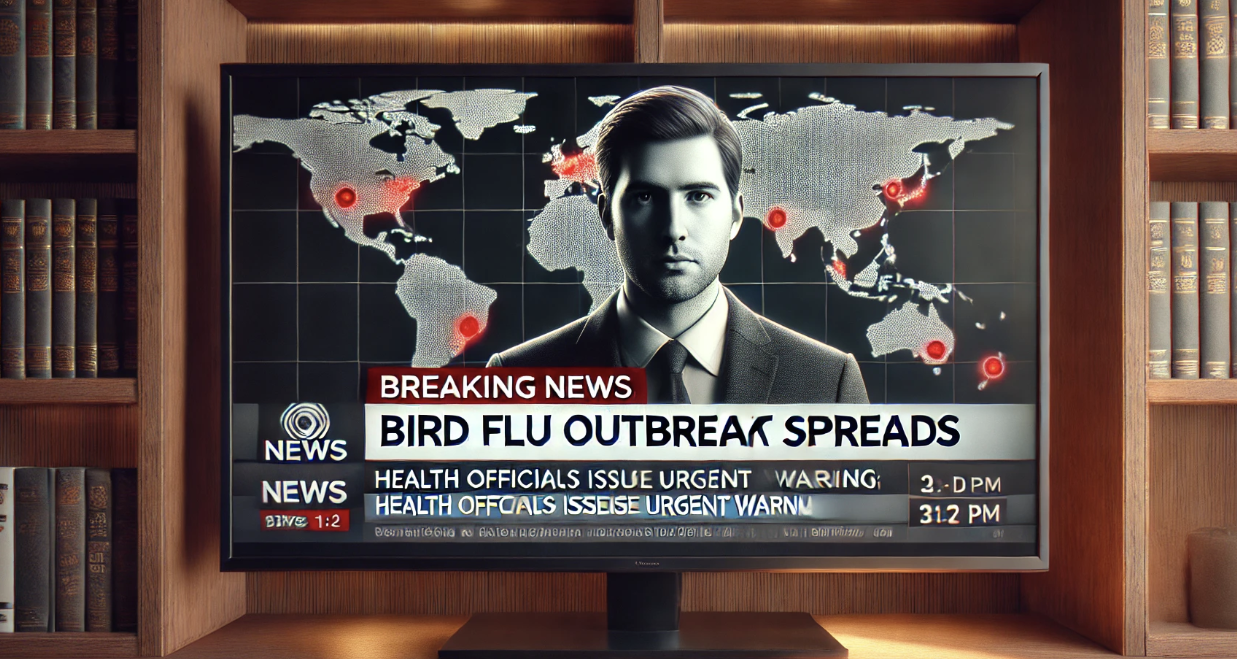
2019 Iranian fuel protests map
Image by Ali Zifan
By Colonel (Retired) Wes Martin
For the first time in eight years, this past Friday Iran’s supreme leader Ali Khamenei came out to lead prayer services. In his continuing attempt to shift focus from himself and his failing regime, his narrative was disparagement of the United States.
The patience of Iranian citizens has long since been stretched due to their nation’s wealth and youth being sent to support conflicts in other Middle-East countries.
Because American sanctions have been denying Iran the money to fund hostile foreign operations, the financial burden has been placed directly on Iranian citizens. Without warning, the government doubled the price of fuel last November. Mass demonstrations filled the streets in all parts of the country; but, once again, protests were suppressed by Iranian police and the Islamic Revolutionary Guards Corps (IRGC) exercising extreme brutality.
To Iran’s west, the situation has been going no better for Khamenei. For months, citizens of Iraq and Lebanon have also been in the streets, demanding their governments come out from under the control of Iran.
Attempting to divert attention, Khamenei and his followers commenced a series of ill-fated blunders. For decades Americans have been a good target, and not once had Iran suffered a retaliatory physical attack.
Khamenei loyalists in Iraq launched rockets at bases housing U.S. military personnel. American counter-fire left several Iranian militia members dead. Crying anger over their losses, loyalist militias stormed the U.S. Embassy in Baghdad.
The assault was massive, poorly executed, and counterproductive. Only the lobby of the embassy was breached. Because U.S. Marines did not shoot anyone for causing only property damage, militia pretense for further outrage was denied. Meanwhile, the Iraqi government was left with the embarrassment of explaining how thousands of militia members got past Iraqi military responsible for protecting the Green Zone.
To bring organization back into the chaos created by Iranian loyalists in Iraq, Quds Force Commander Major General Soleimani was flown into Baghdad. Although the Quds Force is administratively part of the IRGC, Soleimani reported directly to Khamenei.
Another surprise had been months in the making. In April of 2019, the IRGC was designated by the United States as a Foreign Terrorist Organization (FTO). This was long overdue. The IRGC was responsible for the Khobar Towers bombing in 1996 and scores of other attacks on Americans. Just prior to the FTO designation, the U.S. Defense Department declassified a report that specifically identified the deaths of 608 American service members in Iraq directly attributed to the IRGC.
For decades, Soleimani was able to move throughout the Middle-East with immunity from accountability. The last thing this leader of a now declared terrorist organization expected when he arrived at Baghdad airport was a drone strike.
In response to Soleimani’s death, the IRGC fired fifteen missiles at U.S.-occupied bases in Iraq. Almost one-third of the missiles malfunctioned, reflecting both technological and maintenance problems with Iran’s arsenal. None of the missiles resulted in loss of American blood. Instead the missile attack had a reverse negative effect. The IRGC was so rattled by the potential of another American response, they mistook a commercial jetliner flying outbound from Tehran’s airport for an incoming U.S. rocket.
For the next three days the Iranian government attempted to cover up this blunder until international evidence forced an admission of fault by Khamenei. The streets filled once again with Iranian citizens. This time they were angry over the downing of the aircraft and government lies that followed. In response and further evidencing his weakening power, Khamenei ordered arrests of the IRGC members responsible for the tragedy.
Thirteen months earlier the revelation of truth would not have happened. In December of 2019, Iranian media claimed IRGC General Ghodratollah Mansouri accidentally shot himself in the head while cleaning a gun. It is inconceivable that a seasoned warrior like Mansouri could die in such a manner. Suicides and executions are accomplished with bullets to the head. Either scenario reflects negative undercurrents within the regime. The subsequent cover-up was accepted by Iranian citizens and members of the IRGC. Days of blind acceptance are gone.
Khamenei is not just struggling to save his regime. He is struggling to save himself and his subordinates. He knows when his regime collapses, as it will, there will be massive arrests and trials for all who victimized the people.
In addition to losing his top terrorist, Soleimani’s death has create another problem for Khomeini. Proof has been given to the Iranian people that no one in the Regime is invincible and all can be brought to justice. This is a serious blow to an organization that rules through brutality and fear.
Any government that has to maintain power through murder and incarcerated torture has no legitimacy. Just as the Nuremburg Trials took place seventy-five years ago, Khamenei knows Tehran Trials are in the future. He knows the most he can do is prolong the inevitable. At the present, that does not look promising.
Colonel Martin served as the Senior Antiterrorism Officer for all Coalition Forces in Iraq

























[…] piece originally appeared on CD Media and is used by […]
[…] Guest Analysis: The Downward Spiral Of Iran […]